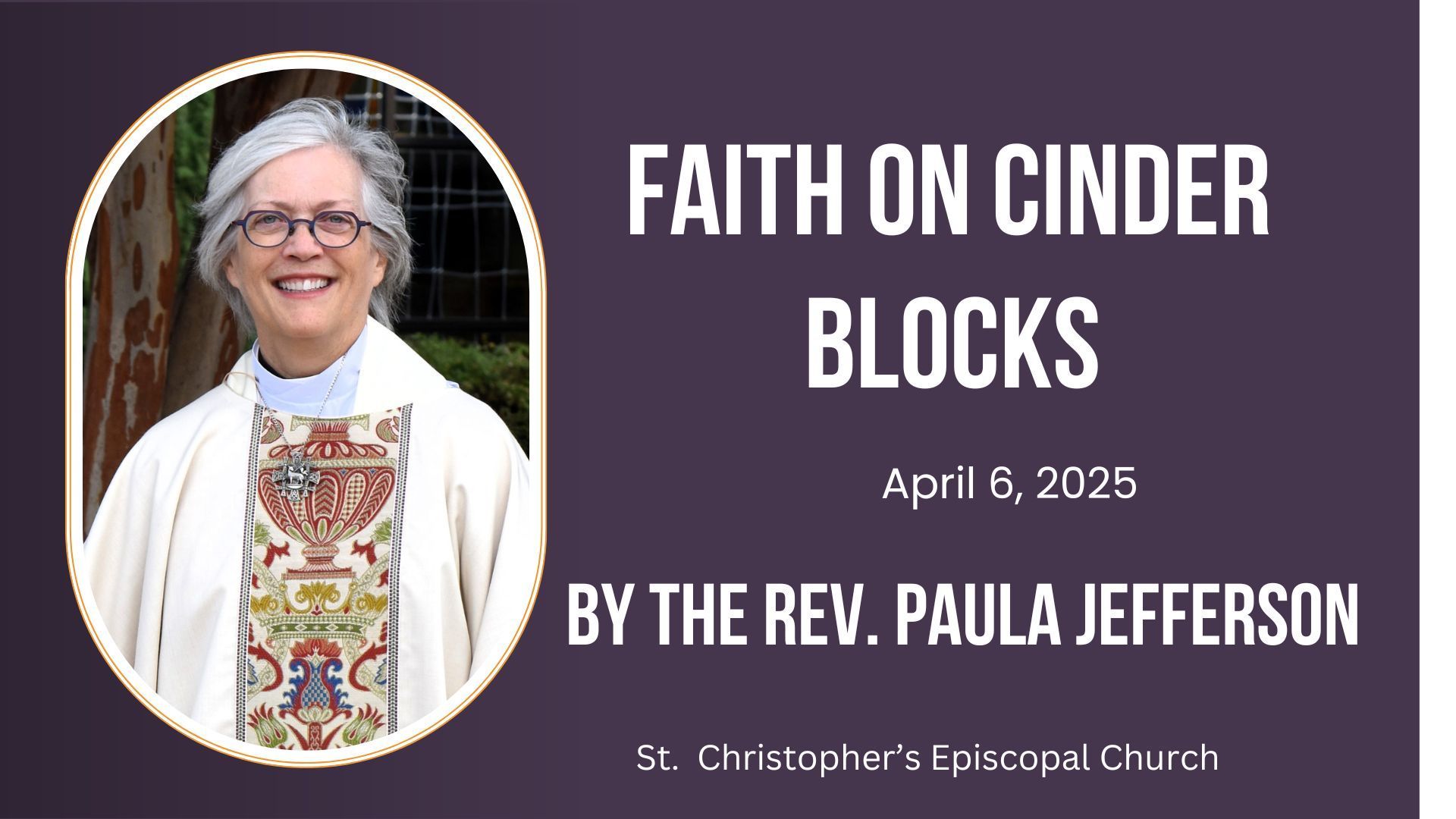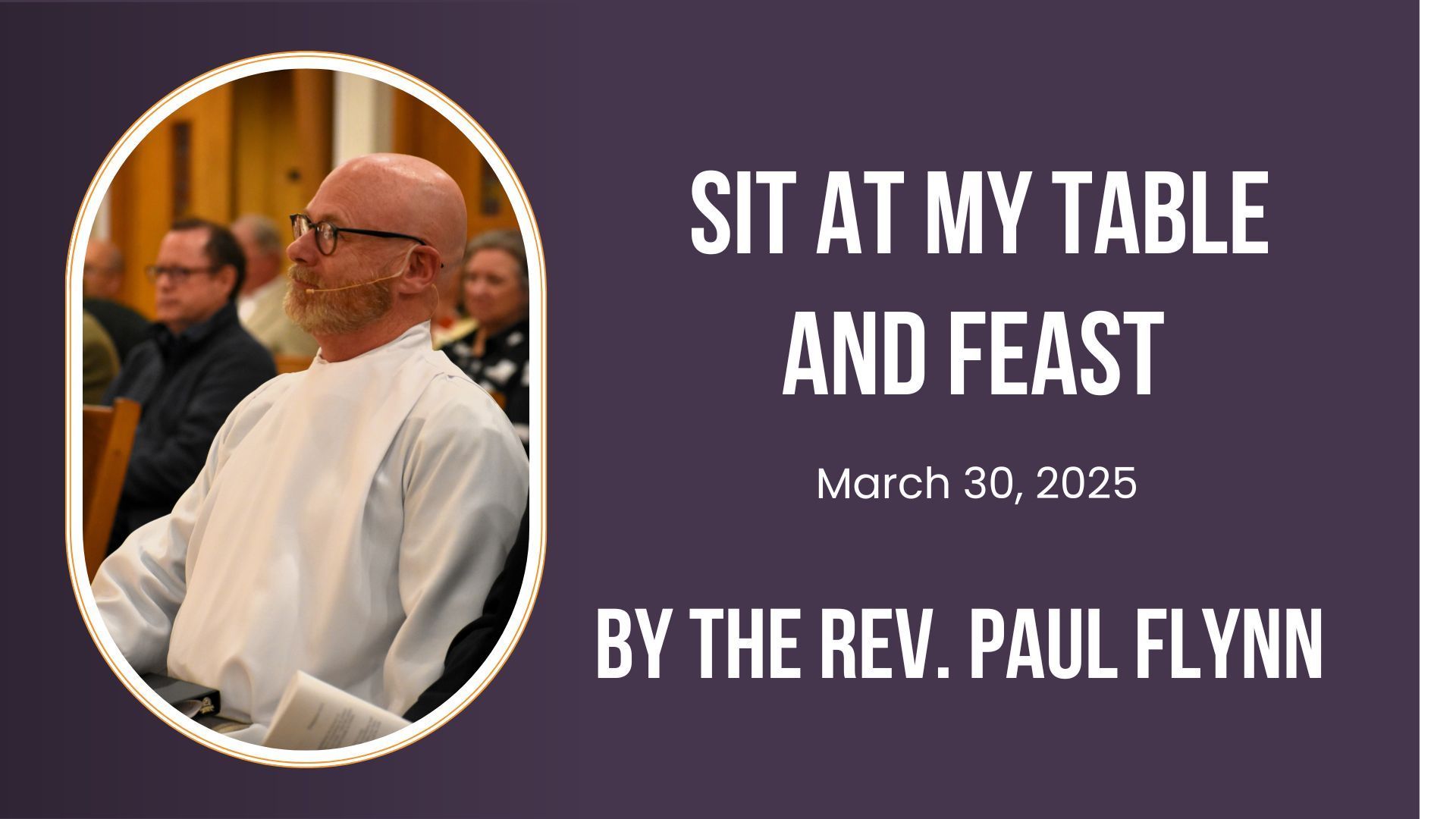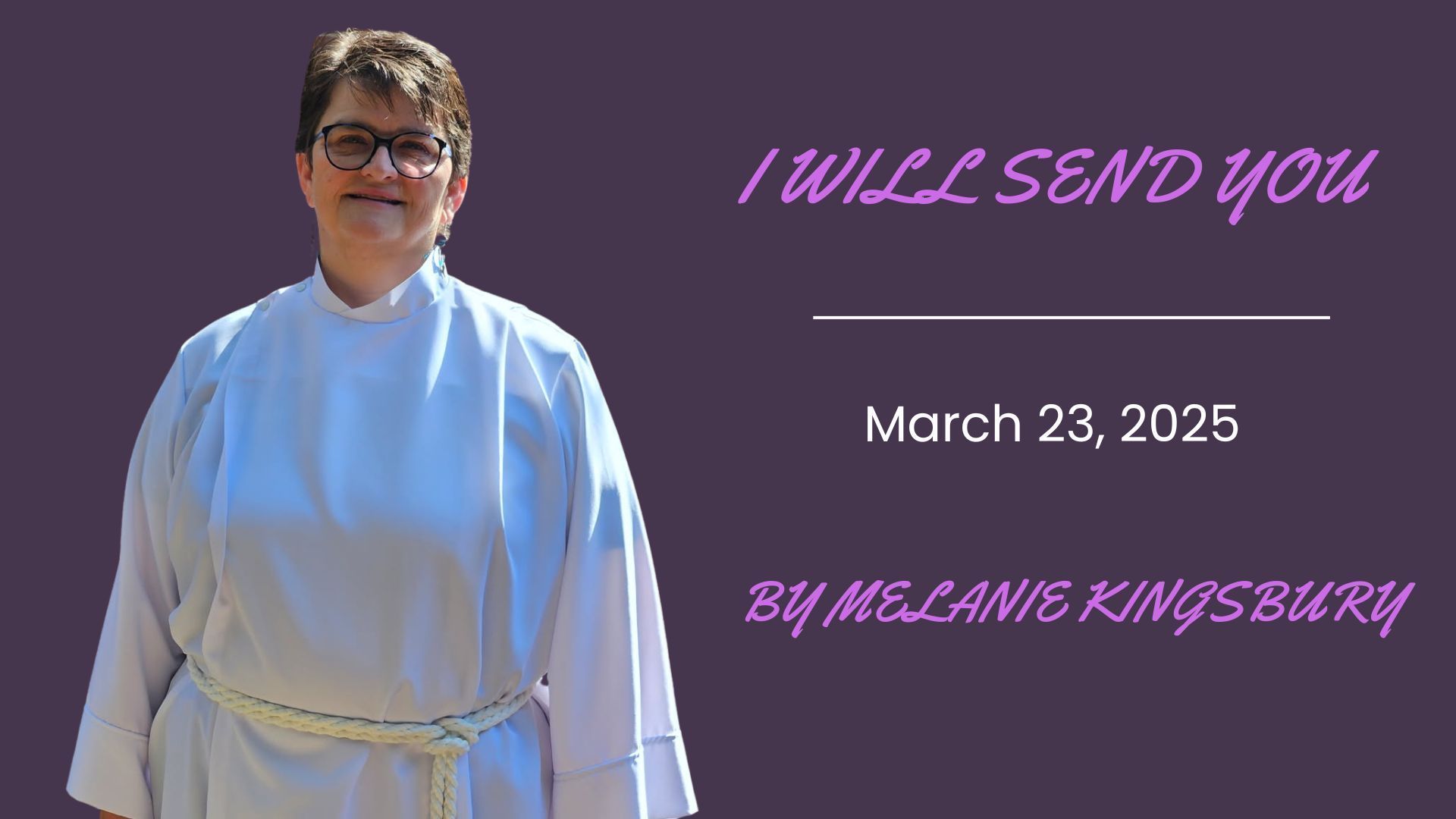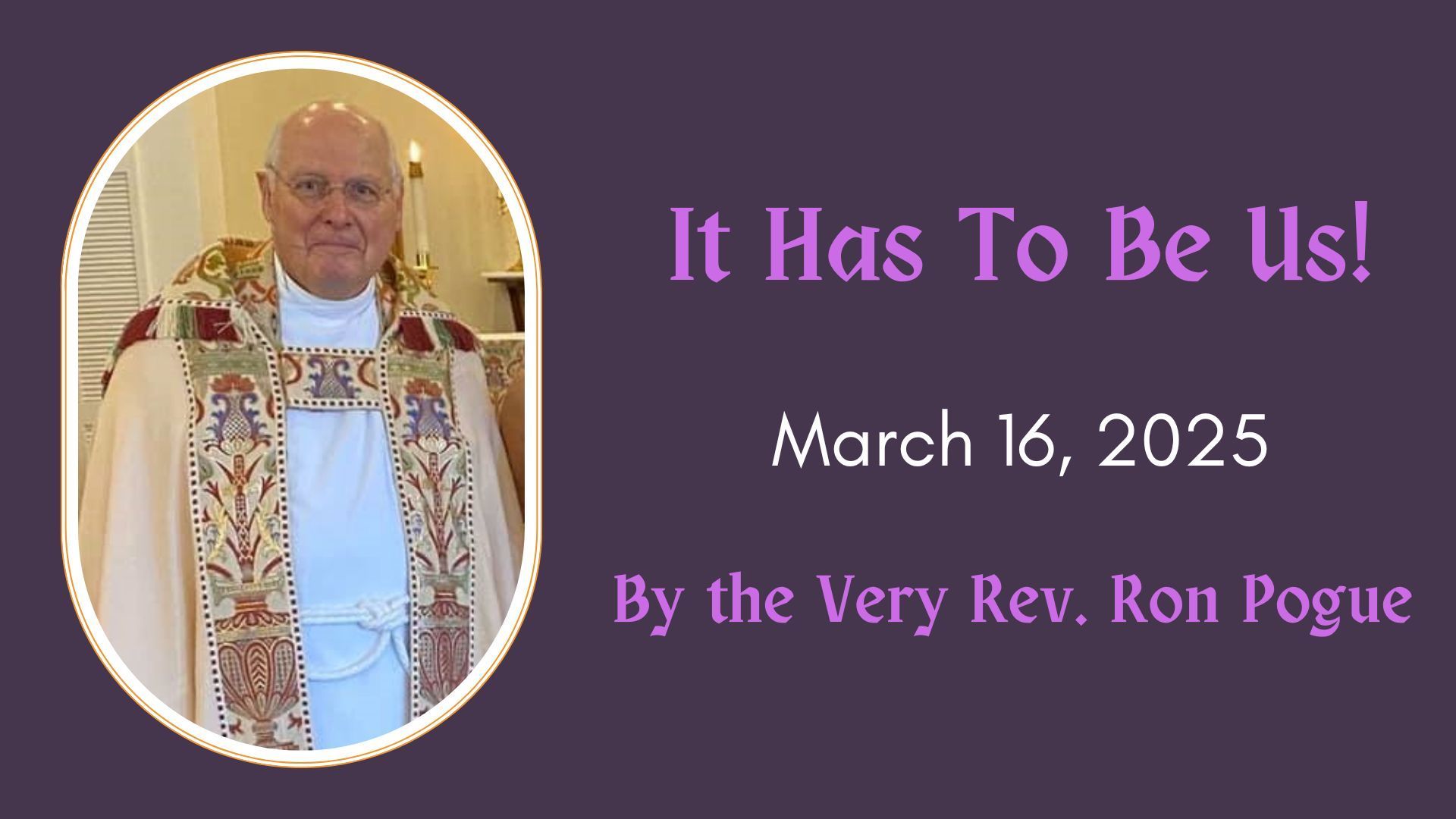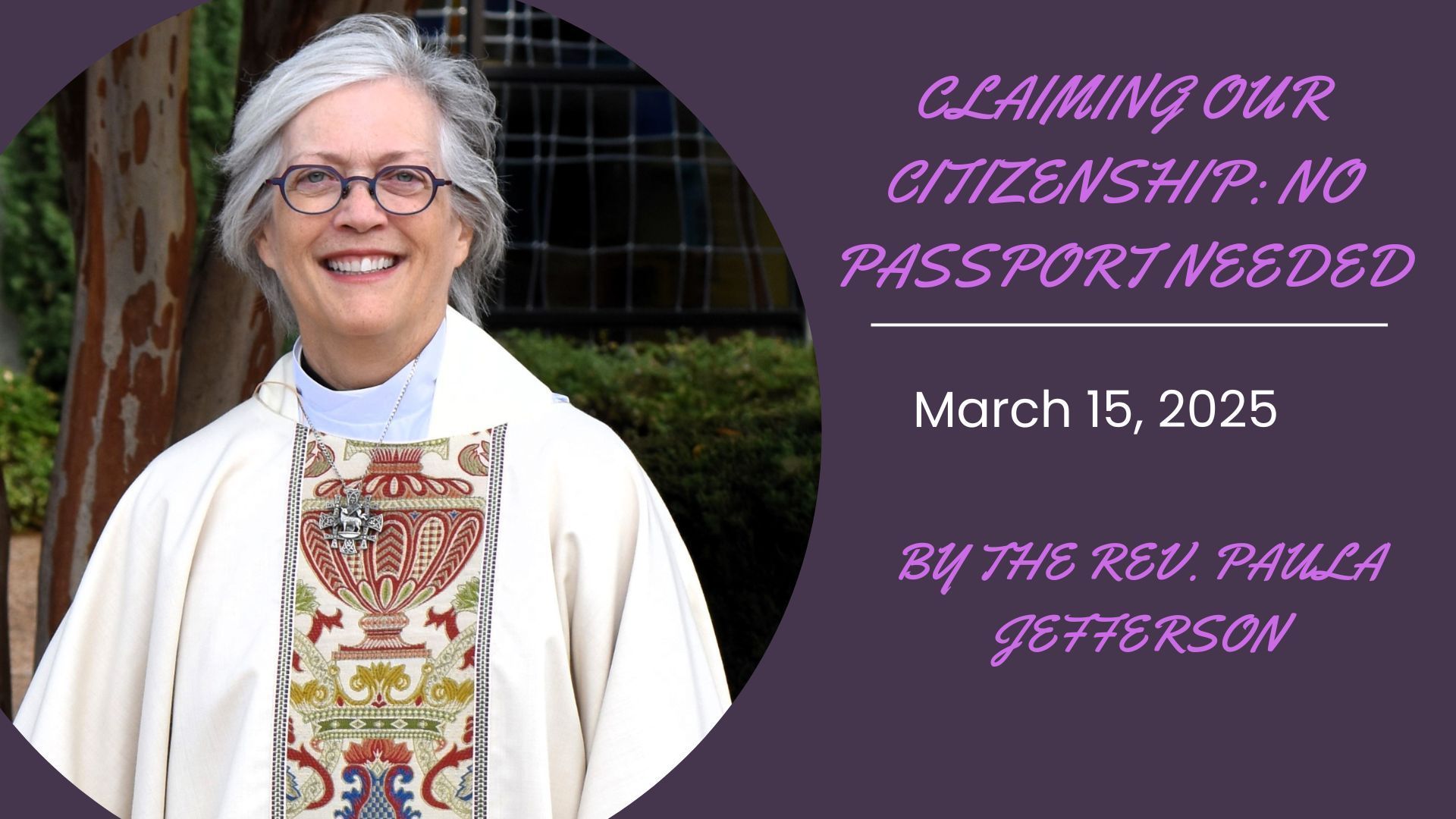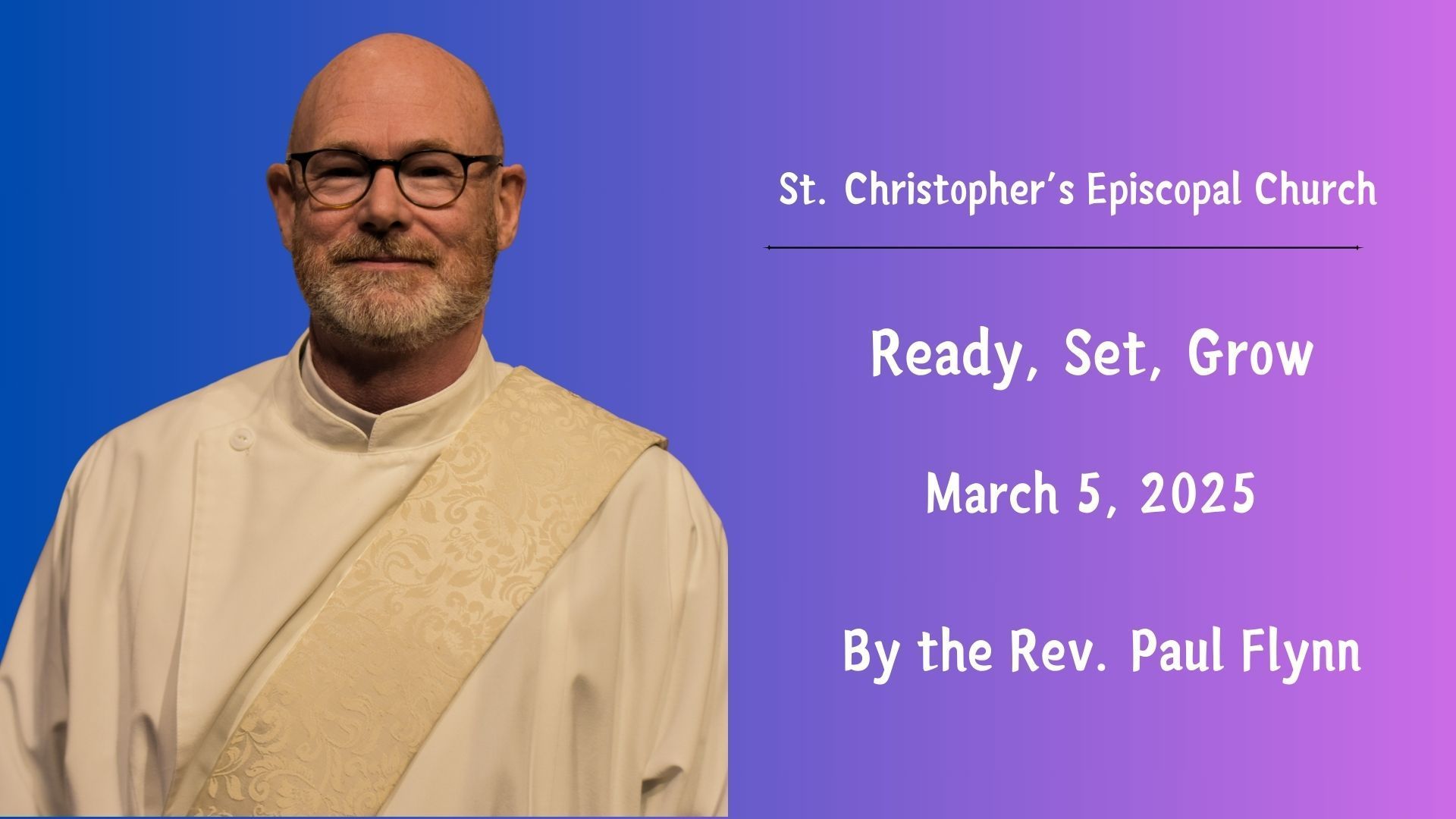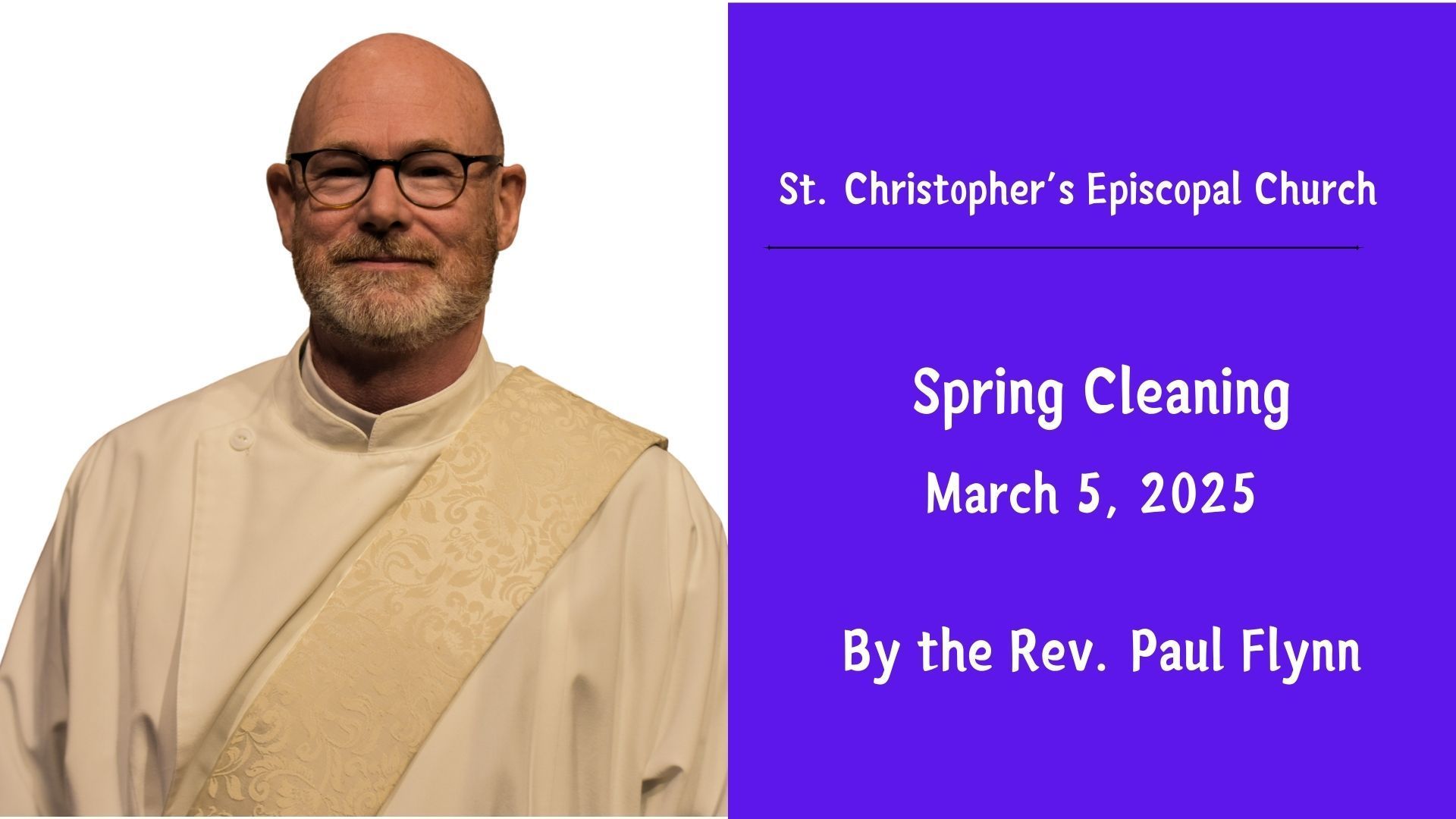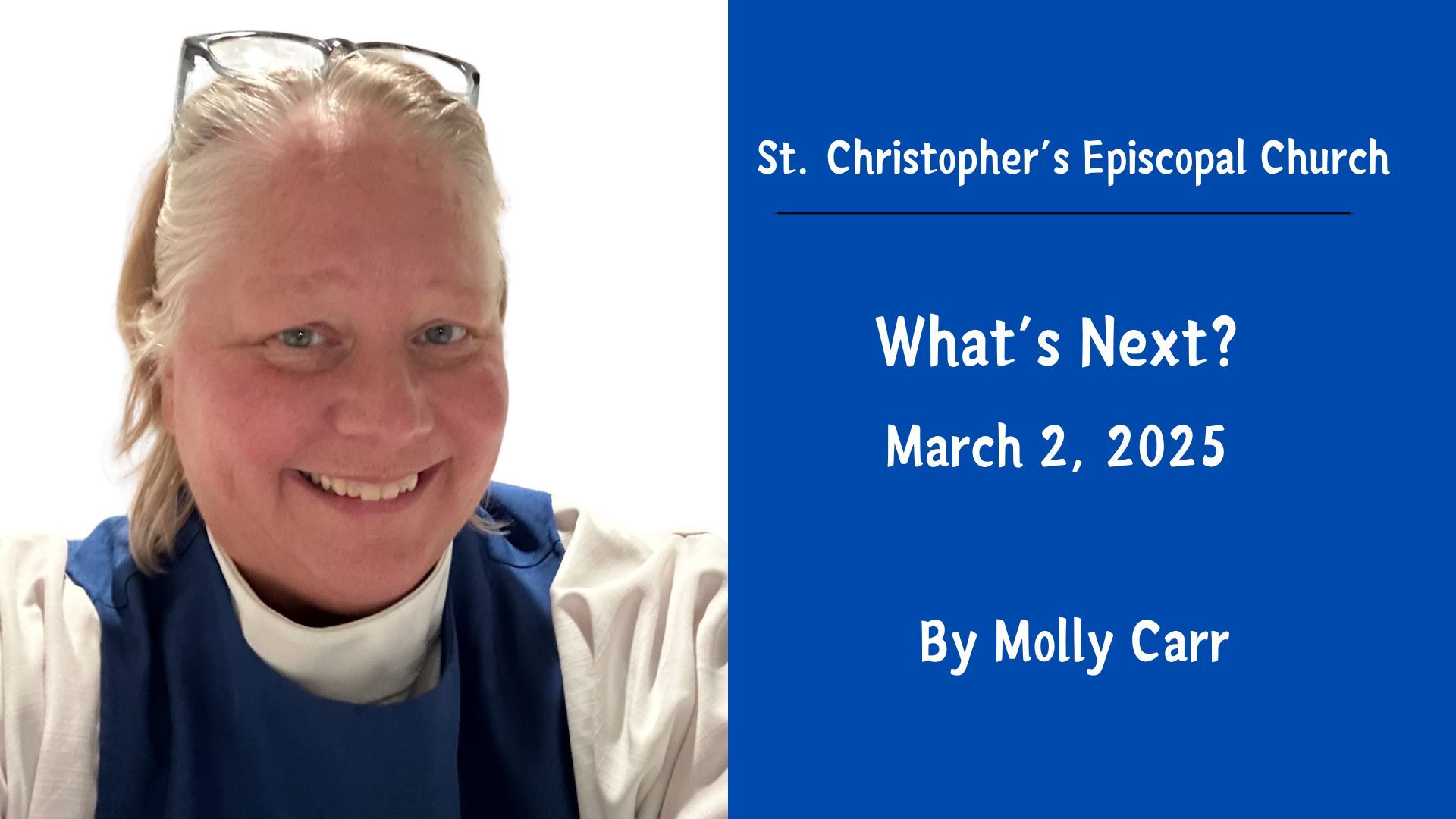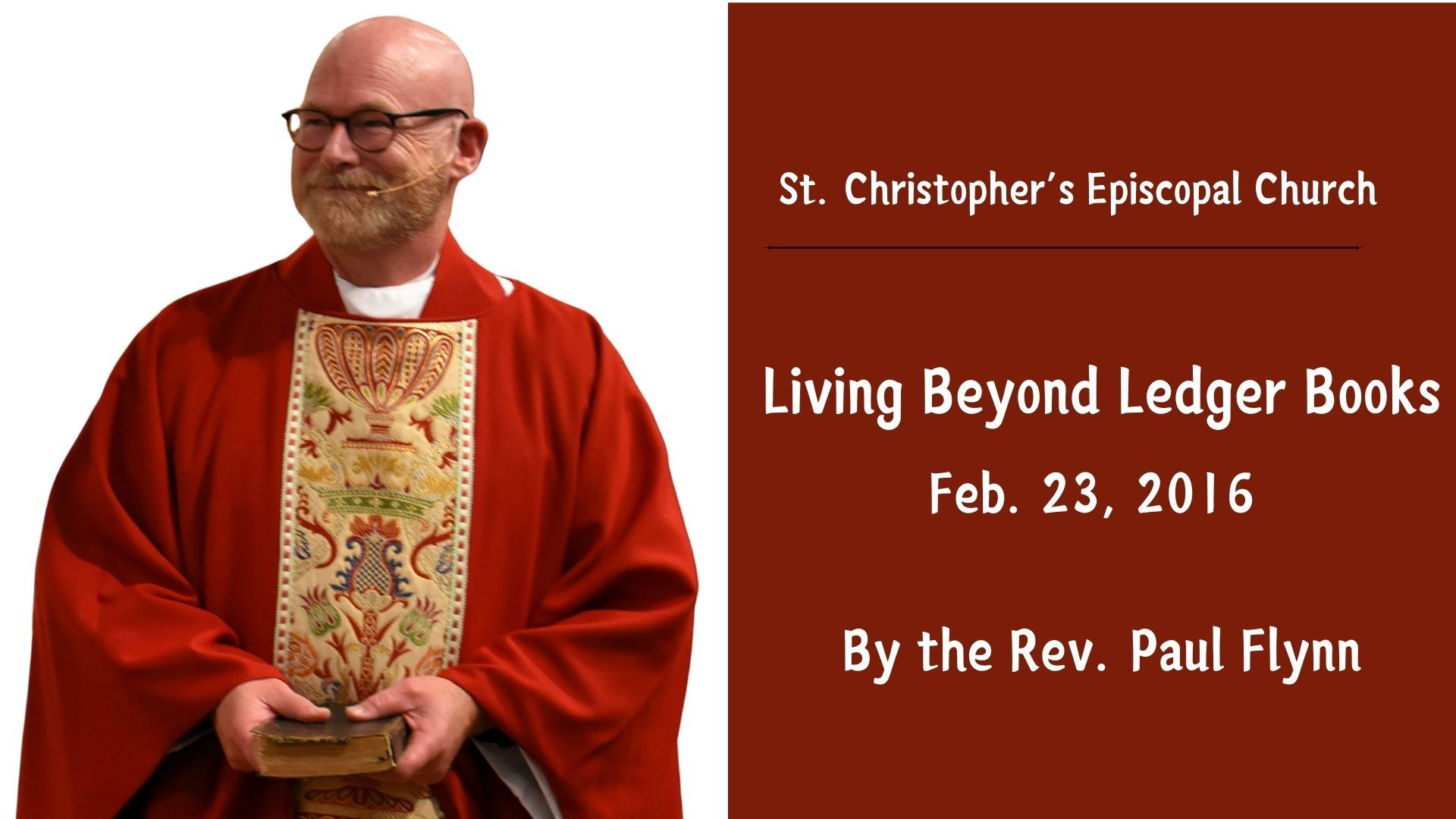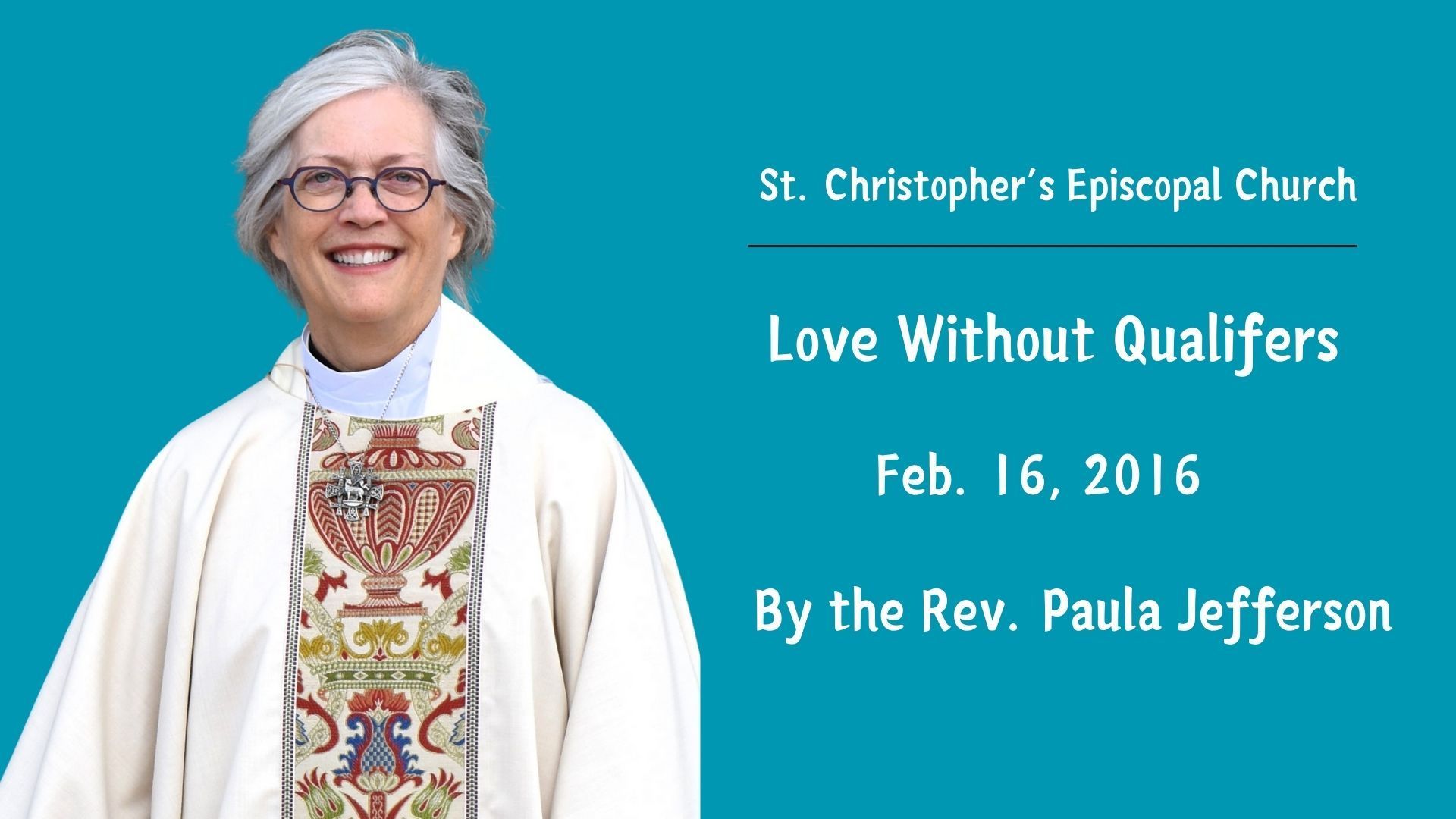We began Advent earlier this month with a call to contemplate both the revealed and the concealed joys of our journey. On Wednesday evenings in this season of wonder and reflection, we have learned about St. Nicholas, who is not Santa Claus, but a miracle maker and a wonder worker; and we’ve learned about Julian of Norwich, who reminds us that no matter how crazy the world is, “all things, all manner of things, will be well” when we trust God.
Today, on this last Sunday in Advent, the lowly manger where the very Word of God is to take on human form, is no mere distant image. The star is high over-head, Mary’s first labor pangs have probably already started, our Savior is nearly here.
I wonder if you noticed a theme in all the readings for today. I hear two things:
First, the readings reveal a powerful sense of restoration, of completion, and a sense that all that God has promised us will find its full expression in the birth of a child.
Second, that revelation is concealed in the very small, the seemingly insignificant, in all that the world ignores.
God is restoring, Creation is made new AND God is completing these promises in the most unlikely ways.
The prophet Micah wrote in a time of great trial, in which the Kingdom of Israel had been defeated and the Kingdom of Judah had been reduced to a client state of the Assyrians. There were refugees fleeing south, taxes were high in order to pay the tribute, and God’s people clearly had a sense that disaster was right around the corner, that they were vulnerable in a dangerous world.
God’s people were tiny, living in a tiny spit of land sandwiched between the Egyptians and the Assyrians, two immensely powerful empires that were rich and getting richer, hungry for power and greedy for more. And yet, Micah predicts that out of a little tiny place called Bethlehem, a name that means fruitful, but a town so insignificant as to not even be counted as a place, the one who is to rule in glory as from time everlasting would come.
The Psalmist also pleads for restoration. We are a derision of our neighbors, he says, Restore us oh God of Hosts.
Hebrews offers us some troubling messages, but the author reminds us that our notion of what God wants (burnt offerings, sin offerings) is not necessarily what God wants. Those who heard that letter are reminded that it is Jesus who restores us to an understanding of what God wants.
The Gospel lesson is full of restoration. Elizabeth, although old, is to have a son. That son will challenge kings, proclaiming the One who is to come after Him, all from a barren wilderness in which the only thing to be had is locusts and honey.
Elizabeth has a visit from Mary, and asks: who am I that the mother of my Lord visits me. Mary’s response, which we repeated in the Magnificat, declares God’s restoration, a God whose mercy is great, who has shown strength, who has brought down the powerful, filled the hungry, who has looked with favor on the lowliness of his servant.
God, it would seem, favors the poor, the lowly, the meaningless, in God’s plan for restoration as the means by which all things are made new.
As I have walked the Advent road, one question keeps popping up for me. Where do we look for restoration in today’s world.
Like Micah, we see the poor oppressed by a seemingly immense system of things that is designed to gather to itself power and wealth. Refugees pour into our midst, fleeing that same system of things, and looking for shelter.
We are often derided by our neighbors for faith, or the wrong kind of faith, or our lack of faith.
Many of us find ourselves expecting a child we did not plan on, or leading a life we had not anticipated, existing without being seen because of how we were raised, or how old we are, or the mistakes we might have made. And, there are those in our midst who are poor just as Mary was poor, who don’t know where the presents under the tree are coming from.
The good news is that the place from which restoration comes today is the same as it was for Mary, for the Psalmist, and for Micah: the inbreaking of the divine good into our world that reaches its fullest at Christmas and culminates at Calvary.
How?
In the simplest moments, like the birth of a child, God enters into our existence, into the world we live in and into the lives we lead. God’s presence restores our lives to the perfection God intended for us.
The good news is that the restoration that God promised, is promising, and will continue to promise has always occurred in the midst of the poverty, the heartache, the loneliness and the chaos of that world and our lives. God desires to be with us, so much so that God is prepared to pay any price, even the price of living and dying as one of us.
God picks the lowly on purpose.
Perhaps because the lowly are the most open to the miracle of restoration. Perhaps because they are most likely to proclaim it to anyone who will listen.
If you’re feeling a little lowly in these complicated days, Christian I have good news! God’s restoration is at hand … right there at that manger and at this table. And he will complete that restoration in us if we would but echo our Blessed Mother: be it unto me according to thy word.
Amen.
St. Christopher's Episcopal Church
5709 Wedgwood Dr., Fort Worth, TX 76133
St. Christopher's is part of The Diocese of Texas, a diocese of The Episcopal Church.
© 2023 St. Christopher's Episcopal Church
SERVICE TIMES
CONTACT US
Mailing Address:
P.O. Box 34971
Fort Worth, TX 76162
817-926-8277
Email: office@stchrisfw.org



